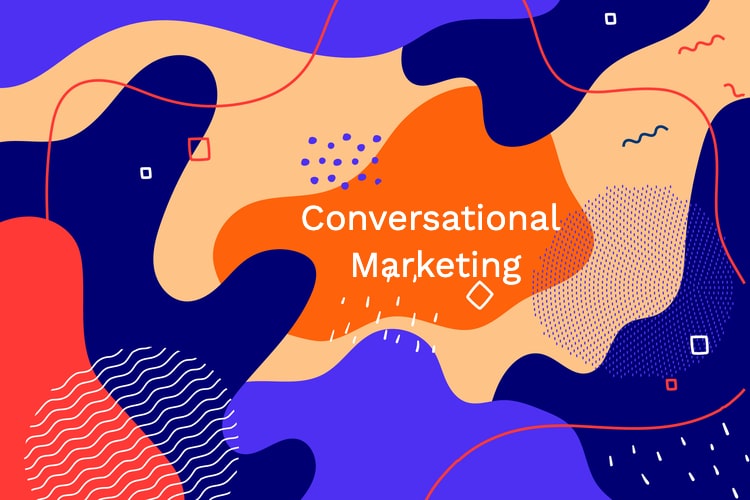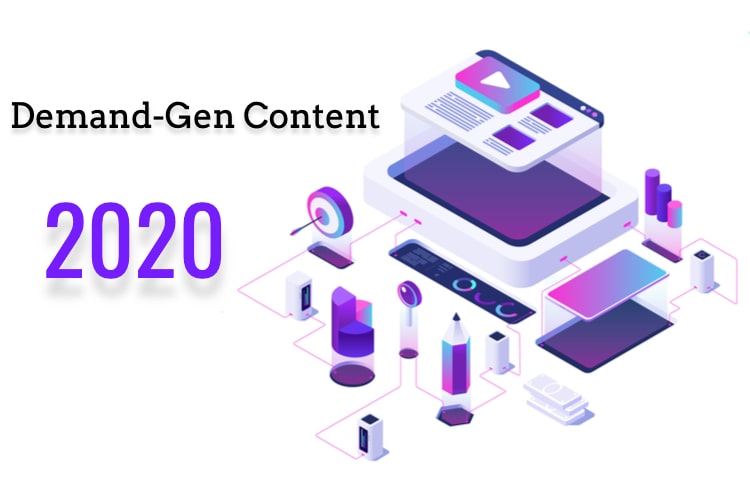We pride ourselves on being rational creatures. But, the truth is that we are largely driven by our emotions. We decide first based on how we feel, and then we justify our decision through logic and reasoning.
A lot of copywriters and content writers focus on the rational elements of their copy!
They give facts and numbers and talk about features. But it’s not necessarily the facts that get people to click on a headline or share a story. It’s very often the emotions triggered by the story that motivates them to take action.
Smart content writers know that establishing an emotional connection with their readers can be a powerful tool in the conversion arsenal. But, surprisingly, a great number of them fail to understand just how important emotions are.
In this article, we will talk about the power of emotions and how they can help you boost your conversion rate.
The Science: Which Emotions Are the Most Engaging?
Studies in neuromarketing have shown that our decision-making process is governed by the limbic system. The problem with the limbic system is that it has no capacity for language, and it’s triggered by emotions. Therefore, in order to influence the decision-making process of their customers, marketers need to focus on emotions.
According to neuroscientists, there are four basic human emotions: happiness, sadness, fear and anger. Each one of them can influence people in different ways. Savvy content writers know how to use them to persuade readers to take action.
Happiness: A study by psychoanalyst Donald Winnicott, cited by buffer.com, showed that our first emotional action in life is to respond to our mother’s smile with a smile of our own. Another thing this study tells us is that contentment increases when it’s shared. So, there’s no wonder that happiness is often the emotional trigger for social media sharing.
Sadness: If happiness is the emotion that makes people want to share, sadness creates empathy. When exposed to a sad story, people produce a hormone called oxytocin that stimulates feelings of connection and empathy.
Fear: Fear is governed by the amygdala, an almond-shaped set of neurons located in the brain’s medial temporal lobe. The amygdala is responsible for the fight-or-flight response that occurs when something is deemed threatening. What does all this have to do with marketing? According to a study published in the Journal of Consumer Research, people who experienced fear while watching a horror movie felt a greater attachment to a present brand then those watching movies evoking other reactions. In other words, when there’s no other human being around to share our fears with, we share them with any brand that happens to be on hand.
Anger: A study by University of Wisconsin discovered that, when exposed to an article that had offensive comments, readers were more likely to react. So, next time you want to get your readers to engage more, you may consider writing something that can ignite debate.
How to Write Emotion Based Content
Our job as content writers and copywriters is to tap into the mind of our readers and paint a picture of an ideal world they will want to live in. The best way to do this is through emotion based content.
Here are a few tricks that will help you create emotional content that captivates your audience:
Tell a Story
Everybody loves a good story. We have been using storytelling for thousands of years to pass on knowledge. We listen to tales and imagine every word in our mind’s eye. Stories motivate us to take action, and they help us connect with others.
But, how can you tell a story if you run a tech blog, for example? I know it’s hard to imagine, but product reviews also use stories, engage people emotionally, and reach out to show them how a product can be the solution for their problems.
Case studies tell stories about people’s lives and how they were affected. The “About Us” page from a website tells the story of what the website is about and how the business was born.
Inspire Curiosity
Read this famous ad written by copywriting genius John Caples: “They Laughed When I Sat Down at the Piano But When I started to Play!” Do you feel like you want to know more about what happened? So do we!
What John Caples does here is using the power of “curiosity gap” to make people crave for more. When our brains notice that a part of the information is missing, it produces a feeling of deprivation. As a result, we read the ad or click a link to complete our knowledge and stop the feeling of deprivation.
Surprise Them
Our brain loves surprises. Unexpected events and unpredictability tap into the pleasure centers of our brain. Surprising headlines are more stimulating and more effective at getting readers’ attention.
Ask yourself what novelty is your article or product offering? Once you find it, use it to build anticipation and create surprise.
Remove the Clutter
Many internet users dislike web pages that require them to think too much. Unless your offer is exceptional, they won’t think twice before hitting the “Back” button if your website looks too complicated.
Psychologist Albert Bandura talks about the concept of “self-efficacy”. Self-efficacy, he says, is the confidence that you have the right abilities to execute actions that are required by certain situations. If your visitors can’t find their way through the clutter, they are less likely to follow through with the process and convert.
Harness the Power of Numbers
According to a study on the psychology of waiting in line, when people don’t know how long something is going to take, they experience time differently. Imagine a patient in the waiting room. If he finds out the doctor will be 20 minutes late, he might get irritated at first, but he will eventually relax. But, if he is told the doctor will see him soon, this uncertainty of when the action is going to happen is going to make him extremely nervous.
Savvy content writers use numbers in their headlines or calls-to-actions to tell people exactly what they can expect.
People don’t just want to read your content or learn about your products. They also want to be entertained, surprised or motivated. So, tap into your reader’s emotions and build a relationship with them. Appeal to their emotions, persuade them to take action, and watch as your conversion rates skyrocket.
Have you used any of these emotional triggers to boost conversion? We’d love to hear your thoughts.






